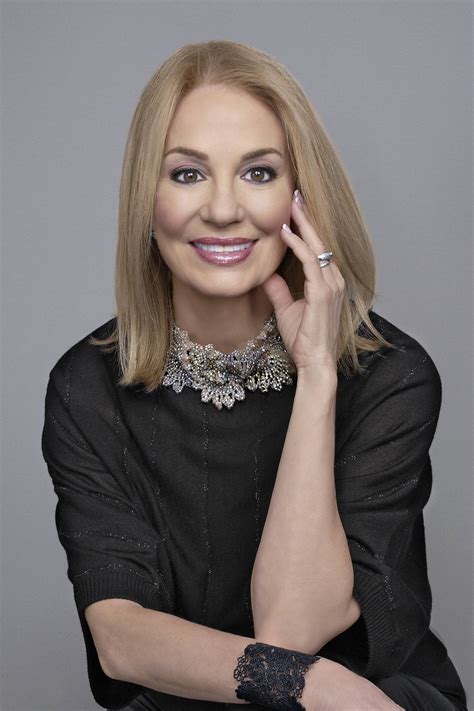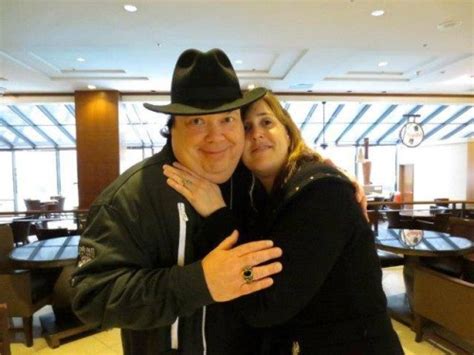A Quote by Bill Byrd
True leaders are the first to admit that they don't know everything and that they need help.
Quote Topics
Related Quotes
Authenticity is about imperfection. And authenticity is a very human quality. To be authentic is to be at peace with your imperfections. The great leaders are not the strongest, they are the ones who are honest about their weaknesses. The great leaders are not the smartest; they are the ones who admit how much they don't know. The great leaders can't do everything; they are the ones who look to others to help them. Great leaders don't see themselves as great; they see themselves as human.
The only advice that I know to give is to pray for your leaders. Whether you like it or not, we have a new president. As a church body, we need to remember these leaders, whether they are in office or not. Leaders in the workplace or the church, we need to remember them because they face some really hard decisions. So we need to pray for wisdom and peace and understanding and for patience, and for any and everything really because they're going to need it. So let's just gather around them and pray that God's will be done on earth, versus someone's agenda.
Why do leaders fail? Isolation and inability to learn. They are afraid to express doubt, admit vulnerability or seek advice from subordinates. Leaders must actively work to seek feedback and a reality check. They must be open to asking questions and framing issues. As the world becomes more complex and global, the risk of isolation becomes greater. The need for leaders to be open to learning becomes greater. Great leaders will need to ask the right questions and balance inquiry with advocacy.
One of the most difficult problems of our age is that leaders, and perhaps academics as well, cannot readily admit that things are out of control and that we do not know what to do. We have too much information, limited cognitive abilities to think in systemic terms and an unwillingness to appear to be in control and to have solutions for our problems. We are afraid that if we admit to our confusion, we will make our followers and students anxious and disillusioned. We know we must learn how to learn, but we are afraid to admit it.
Leaders need to remember that the point of leading is not to cross the finish line first. It's to take people across the finish line with you. For that reason, leaders must deliberately slow their pace, stay connected to their people, enlist others to help fulfill the vision, and keep people going. You can't do that if you're running too far ahead of your people.
The problem facing humanity today is not a political problem; it's not a financial problem; it's not a military problem. It's obviously a spiritual problem. That is, it has to do with what we believe to be true about who we are, where we are, why we are where we are, and what are we doing on the Earth. What is the purpose of life itself? What we need right now are leaders or models, people who will stand up and not only help to write a cultural story, but help to model it in the way that they interact with each other.
The myth of the self-sufficient individual and of the self-sufficient, protected, and protective familytells us that those who need help are ultimately inadequate. And it tells us that for a family to need help--or at least to admit it publicly--is to confess failure. Similarly, to give help, however generously, is to acknowledge the inadequacy of the recipients and indirectly to condemn them, to stigmatize them, and even to weaken what impulse they have toward self-sufficiency.































